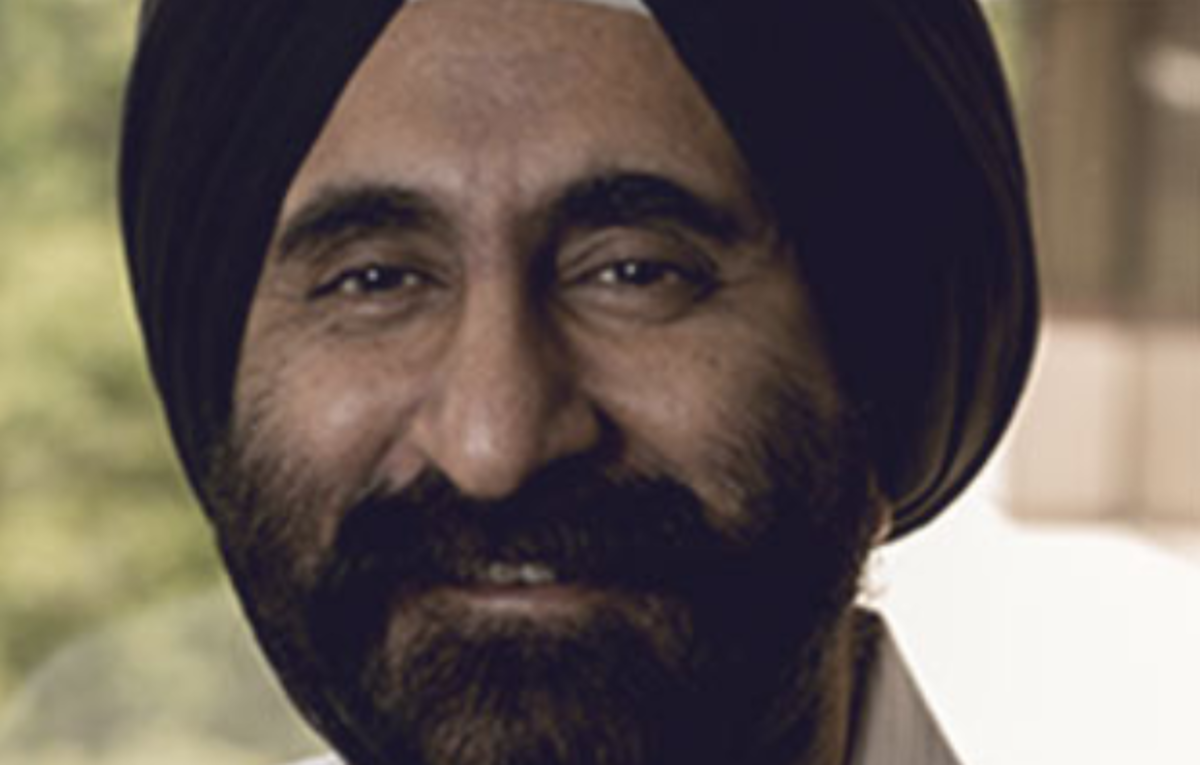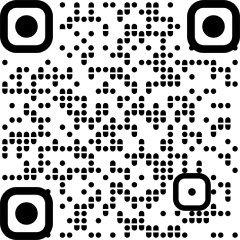Shahid Akhter, editor, ETHealthworld, spoke to Jaideep Bajaj, Chairman, ZS, to figure out how AI applications will accelerate the future of healthcare.
AI in healthcare
AI can have everything from macro applications to micro applications in healthcare. Let me just pick on some of the micro ones because they are pretty important too. One really important application of AI is in rare diseases, in trying to figure out where the patients are because patients with rare diseases are often misdiagnosed for years, and AI can be used to say, “Wait a minute, I picked up a lab test in this geography of this type,” and if you go through patient records, you can actually narrow it down to the patient, and then you can narrow it down to who the key doctors are who may have seen that patient. That is an example of a microapplication. Other microapplications that are really important are: say I am a physician; AI can look at the patient records and give me a suggestion as to the likely diagnosis I need to make.
But then there are macro ones, like how do we make clinical trials more effective, faster, and cheaper and use AI to recruit the right patients and the right physicians for clinical trials? Use AI to make it easier on the patient in terms of the burden of the clinical trials, meaning if I have to do a bunch of tests and come to a centre, I can use tools like my iPhone and take simple tests around the retina, saliva, and blood pressure at home and not have to take that burden. Other macro applications may be in the early stages of a pandemic; how do you pick those up with AI? Even days and months saved in that can have huge ramifications on global health. Some of the microapplications in the short term include patient support and patient identification, which are no-brainers. Physician assistance is going to take some time because our doctors will resist the idea that an AI can actually give them advice on how to diagnose a patient.
AI in healthcare: Challenges
AI has different kinds of challenges. One kind of challenge is in the data itself. One thing is that the data is missing, meaning there’s some very rich data available, for example, in the United States, but in India, we are still trying to figure out if we can create a unified health interface. The other thing is the biased data challenge. If my clinical trials were done using a white population instead of a black population or using a rich population instead of a poor population, it could affect the way the medicine might work. Finally, the other challenge is around trust; if I don’t trust the AI or that my data will be kept private and it’ll be used in the right way, then I may not even use the information, and that’s a very large challenge that governments around the world have to overcome.AI in healthcare: Challenges in India
India faces very unique challenges. Some of them are around access—a lot of our population lives in villages; some of them may not even have internet access, or some of them may not have access to the basic institutions that they may need—to be at least slightly closer to getting benefited from healthcare. Access is definitely a large challenge in India. The other one is affordability. There are a lot of things that come with a price tag, and I think we will have to find ways to overcome some of these access and affordability challenges in a country like India.
ZS: Approach to tech innovation
At ZS, we’ve taken an approach around being an analytics firm that tries to use hard data and advanced analytical techniques to help solve problems. We solve all kinds of problems in healthcare, all the way from biomedical research—how do you scour through all these pieces of information to come up with what proteins might solve a particular kind of disease? So, we have a biomedical research practice around that. In clinical trials, how do you accelerate clinical trials? How do you identify the optimal clinical sites? How do you make sure health equity is part of your clinical trials? Moving on to the physician space, once you have a medicine, how do you make sure that the right physicians are educated about your medicine? Moving on to the patient space, once you have a patient on your medication, how do you make sure the right patient services are being used by the right patients? How do you make the right patient experience happen? etc. We work in this entire space. As an organisation, some of these spaces are coming into what our clients tend to call sales, marketing, or R&D. Technology is underpinning all the work that we do in all these spaces.
ZS:Journey and growth in India
Our company is just about 40 years old, and our journey in India began in 2005. Conventional wisdom with other companies at that time was sort of low-cost back office. We did not follow that; we went with a high-talent team that was directly in touch with our clients. We call our India group our Capability and Expertise Center. Our India people are involved in client presentations, client contact, client requests for proposals, hackathons with our clients, etc. As a matter of fact, our India office team has helped us set up an offshore centre in Buenos Aires. Our India team is a source of talent not just in India but also in other countries. A lot of people, when they transfer from India to our other offices, have gone into different leadership positions, into the seniormost level, which is Partners and Associate Partners. We have more than a hundred of them in India today.
As I look at India in the future, it’s going to be at the forefront of solving some of the larger problems that I think the world is solving right now: large language models and connecting the dots across different players in healthcare, which are payers, providers, and pharma. Our people in India will be a very important part of running our company.
ZS: Future
As we talk about the future, I want to talk about some things that will change and some things that will never change. Something that is changing is the new kinds of problems we are solving. Even though we were an analytics and math company in the early days, now we are an AI company, and large language models, or GenAI, are a big part of our future. Connecting the dots across different healthcare spectrums is going to be a big part of the future. The other thing is this idea of sales, marketing, and R&D. A lot of our future will also include supply chain, corporate analytics, and infrastructure work. The thing that has not changed at all is our culture, which has three very important components. One important component is the idea of value to clients, getting it right, and making sure they are getting value. The other very important component is treating people right, at all levels, at all functions, and around the world—treating people right and putting them at the center. The third component is the idea of integrity—doing the right thing.


